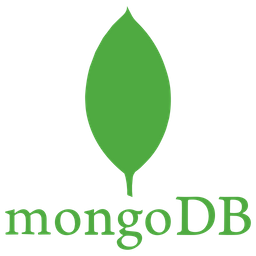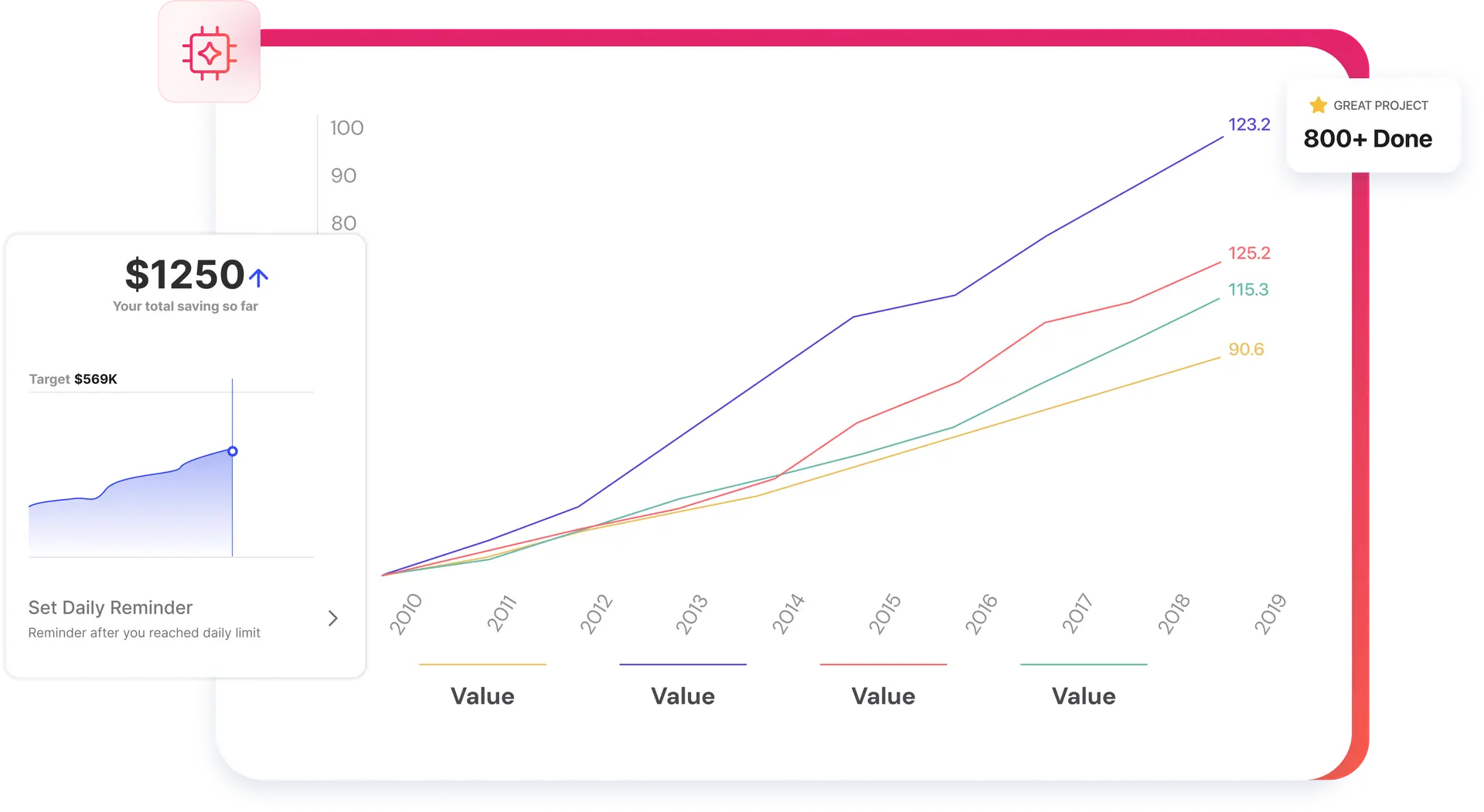Enterprise Software
Development Services
Outdated systems slow innovation. A successful digital transformation requires smart strategies and scalable tech to streamline enterprise workflows.
We modernize your legacy systems with future-ready technologies and optimized processes — enabling agility, performance, and long-term growth.
OUR SERVICES
Our Suite of Custom Enterprise Software
Development Services
OUR Solutions
Our Custom Enterprise Software Development
Solutions
Enterprise Resource
Planning (ERP)
Streamline finance, inventory, HR, and other key operations through one unified platform.
Customer Relation
Management (CRM)
Streamline your customer interactions with a CRM system that enhances engagement, personalization, and satisfaction.
Supply Chain
Management (SCM)
Streamline your supply chain by optimizing logistics, inventory management, and supplier relationships for smoother operations.
Human Capital
Management (HCM)
Simplify HR operations with tools that help you attract, manage, and retain top talent — from hiring to payroll and employee benefits.
Content Management
Systems (CMS)
Effortlessly create, edit, and publish content for websites and mobile apps.
Learning Management
Systems (CMS)
Easily manage and publish content across web and mobile platforms with intuitive tools.
Data Analytics and
Business Intelligence Tools
Unlock actionable insights through tailored dashboards and intelligent reporting for confident decision-making.
Project Estimation Builder
Automate initial estimations using existing data, freeing up time for strategic work.
Project Management Software
Streamline project planning by automating initial estimates using historical data, allowing teams to focus on strategic execution.
Tech Stack
Our Tech Stack Spectrum for Enterprise App
Development



















Testimonials
Leading global companies trust us to develop tailored solutions for their business. We always go beyond expectations and deliver a 5-star-worthy experience.
TECH PARTNERS
Tech Partnerships Built on Trust





Book A Free
Discovery Call
Let our team understand your business needs, showcase our expertise, and provide a roadmap for turning your idea into reality. We prioritize your privacy and adhere to a strict NDA policy, ensuring your information is secure.
TRUSTED BY
FAQs
Learn More About our Custom Enterprise Software Development Services
The cost of enterprise software development varies significantly depending on factors like:
- Project complexity: More complex projects (e.g., involving AI, machine learning, or advanced integrations) will generally be more expensive than simpler applications.
- Team location and experience: Developer rates differ by region and expertise level. Teams with more experience tend to charge higher rates.
- Development approach: Traditional software development can be more expensive than utilizing low-code platforms or cloud-based solutions.
The cost of creating a custom enterprice software depends on a number of variables. A few of them are complexity, functionality, platform, and the experience of the development team.
However, we do have pricing models that are in-tune with various business expectations and goals. To know more, we encourage you to get in touch with us to discuss the full extent of your services.
When selecting a provider, consider these key factors: Cultural Fit & Work Pace: It's essential that the development partner aligns with your business's culture and can meet deadlines. Emerging Technology Expertise: Ensure the provider is up-to-date with the latest technologies and has an active R&D team.
Other parameters to judge are:
- Expertise & Experience
- Communication & Collaboration
- Project Management Methodology
- Security Standards
- Scalability and Flexibility
- Cost Vs Value
- Support & Maintenance
Development time depends on project complexity. Simple applications might take 6-12 months, while complex solutions with extensive functionalities could take over 18 months.
The chosen development methodology also impacts the timeline. Agile development often leads to faster iterations and potentially quicker completion.
The Enterprise Application Development Process involves several key stages:
- Requirement Gathering: Understanding the business needs and necessary software features.
- Planning and Alignment: Defining project scope, timelines, and budget while aligning on the development approach.
- Development: Building the software using modern technologies and industry best practices.
- Testing & Deployment: Building the software using modern technologies and industry best practices.
- Maintenance & Support: Ongoing support and updates post-launch.
The chosen development methodology also impacts the timeline. Agile development often leads to faster iterations and potentially quicker completion.
The Enterprise Application Development Process involves several key stages:
- Requirement Gathering: Understanding your business needs and functionalities needed in the software.
- Planning and Alignment: Defining project scope, timelines, budget, and development approach.
- Development: Building the software with the latest technologies and best practices.
The chosen development methodology also impacts the timeline. Agile development often leads to faster iterations and potentially quicker completion.
The Enterprise Application Development Process involves several key stages:
- Increased Efficiency: Reduced manual processes and faster time to market.
- Cost Savings: Reduced maintenance and support costs of legacy systems.
- Scalability: The ability to scale and adapt to future business needs without starting from scratch.
- Employee Productivity: Improved user experience and workflows that enhance productivity.
- Revenue Growth: New features that enable business expansion, customer acquisition, or better decision-making.
The chosen development methodology also impacts the timeline. Agile development often leads to faster iterations and potentially quicker completion.

